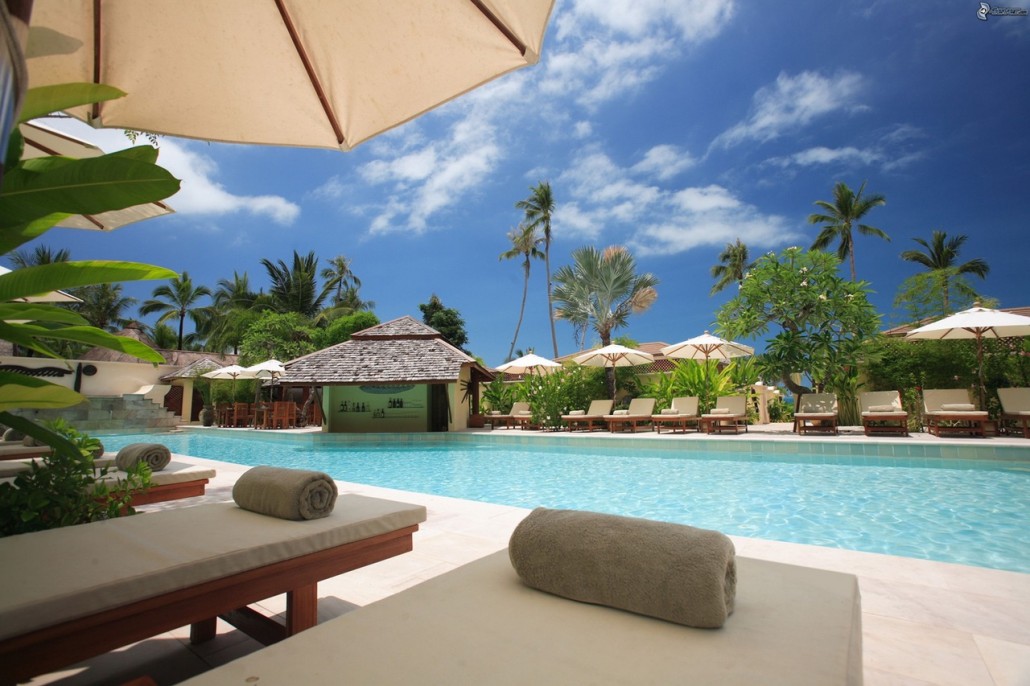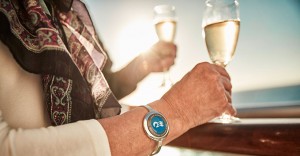
It was 2008 when Airbnb caused an industry-wide double take. Suddenly, technology was disrupting how and where people were booking hotels. Hotel companies navigated the change – by targeting business travelers, redesigning loyalty programs, and, for some, partnering with Airbnb. In a true “if you can’t beat them, join them” move, small hotels list their rooms on Airbnb for a lower reservation fee than traditional hotel listing services. In return, some hotels provide check-in services and amenities for certain Airbnb properties. Now, hospitality companies aren’t taking any chances that technology could disrupt practices beyond bookings. To avoid being surprised again, hospitality companies are incorporating technology on their own and in response to “nearly two-thirds of U.S. guests stating it was “very or extremely important” for hotels to continue investing in technology to enhance the guest experience.” These hospitality technologies range through the top tech trends of the moment.
Not unlike Airbnb, hotel companies are discovering the advantages of a new, mobile-first society, as depicted in StayNTouch’s ebook, How Mobile Technology Will Generate More Revenue for Your Hotel. Many hotel companies apply a hospitality technology, cloud Property Management Systems (PMS) solutions, to automatically offer room upgrades, promote amenities, and provide greater services like early and late check in and out options. This same solution can gather customer knowledge in real-time on arrival time and guest preferences to best manage housekeeping and customer service. The interconnected processes ultimately improve room turnover along with brand loyalty.


Let’s look at three transformative technologies that the hospitality industry is jumping on: wearables, virtual reality, and artificial intelligence.
Following top tech trends, hospitality companies are introducing wearable technology into their offerings. Most commonly, these high technology hospitality companies turn to smart watches that can deliver dynamic guest details in real-time including dining preferences, food allergies, and spending histories. Royal Caribbean Cruises offers smartbands on certain high-end ships that act as room keys, wireless payment methods, and tickets. In response, Carnival Cruises introduced a credit card-connected Ocean Medallion, able to be worn in multiple ways including like a watch as pictured above, that will offer similar capabilities to Royal’s watches but will also power a future, ship-wide gambling platform. The hospitality technology that is the Ocean Medallion utilizes an IoT network of sensors and computing devices along with NFC and Bluetooth communication capabilities throughout the ships and ports. The Journal of Hospitality and Tourism Management stated that, “wearable devices will transform consumers from tourists to explorers.” From the company side, wearable devices provide data and access to customers that enhance offerings to stay competitive in new ways.
“Leading hotel companies are … leveraging advances in data analytics and artificial intelligence (AI) technologies to increase online reservations, improve the return on advertising spend (ROAS), better understand guest preferences, and build stronger customer relationships,” according to global analyst firm EY
In terms of artificial intelligence, Ivy from Go Moment is an IBM Watson-driven system designed to handle guest requests. The cognitive technology can interpret questions to fulfill requests and converse with you by phone. Other AIs take a more dramatic, tangible form in robots. Also powered by IBM Watson, Hilton introduced Connie the concierge in one of their Virginia hotels last year. Connie informs guests on local attractions, hotel features, amenities, and can make recommendations for dining and activities.
77% of U.S. consumers are interested in virtual reality (VR) equipment right now, as reported by the Consumer Technology Association. The hotel industry is quickly taking this into account and working to incorporate VR as a hospitality technology. Marriot Hotels & Resorts collaborated with Samsung in 2015 for a virtual reality hotel room experience offering titled VRoom Service that received a headset and headphones. Best Western Hotels & Resorts leveraged a VR experience that allows guests to immerse themselves in the hotels before their stay.
Ultimately, these heightened experiences through technology enable hospitality companies to charge higher prices, create up-sell opportunities at each point of the customers’ journey, and stay ahead of the next potential disruption, all the while delighting their customers.
This blog is part of an Industry & Market Series – analyzing what FirstRain users are tracking at the moment in order to gain advantage for the moment.
